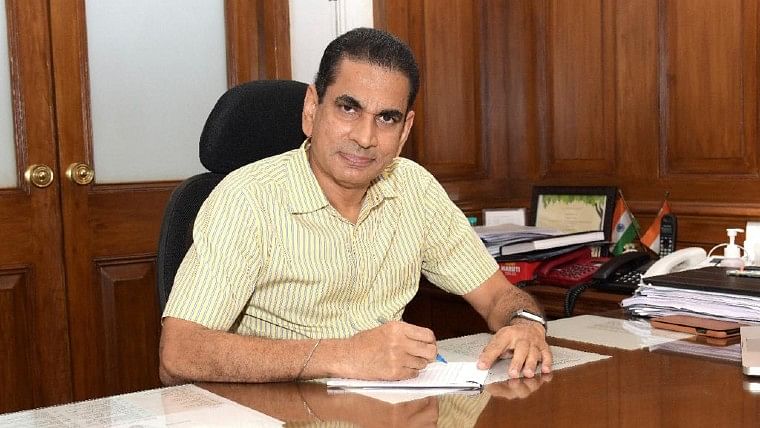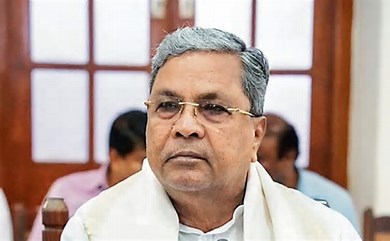
Iqbal Singh Chahal, the BMC Commissioner and Administrator, discussed the measures undertaken by the corporation to combat the impacts of climate change in Mumbai during the “Loksatta Shaharbhan” event.
He highlighted the rise in Mumbai’s annual rainfall, which has surged from an average of 108 inches to 135-140 inches due to climate change. Chahal emphasized the efforts made over the past three years in flood mitigation, which allowed local train operations to continue despite 100% rainfall, a rare achievement in the city. Measures such as building underground water tanks, installing rainwater harvesting centers, and deploying small water pumping machines have significantly reduced water accumulation during the rainy season. Addressing Mumbai’s water scarcity, Chahal noted that the city presently receives 3,850 MLD of water daily, while the current population requires nearly 4,500 MLD, a deficit expected to grow. To meet this demand, two significant projects are in progress: an Rs 8,000-crore desalination plant at Manori to produce freshwater from seawater with a recycling capacity of 400 MLD and the creation of Sewage Treatment Plants at seven locations, costing close to Rs 28,000 crore. Chahal also stressed the need for unified governance in Mumbai, as the city is governed by multiple agencies, causing challenges in project implementation. He advocated for a single planning authority and jurisdiction for the BMC, akin to global cities like London and New York, where mayors possess significant powers. Chahal has communicated this proposal to the state government and remains hopeful that the BMC will become a unified planning authority in the near future.















